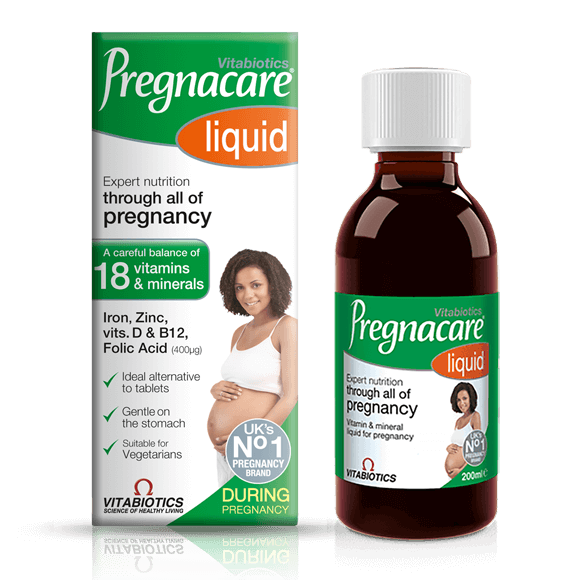What Can I Expect From A Birth Centre Birth?
What are the benefits of giving birth at a bieth centre? Birth centres are calm, friendly surroundings where you may feel more relaxed. This may mean you are in a better position to cope with labour.
Once your labour has started you will need to take your hospital bag and maternity notes to the birth centre, where you will be taken to your own delivery room, and a midwife will examine you at determine what stage of labour you are at. You will then be looked after by midwives while your baby is delivered, and once they have arrived, until you are allowed to go home.
The surroundings will be less medicalised than a hospital with more homely interiors. You will be given an individual birthing room, and the room is designed to make you feel more comfortable when you are giving birth.
Rooms are likely to have softer lighting and may include a birth pool for you to give birth in. Aids for labour, including inflatable balls and birth stools will be available. There will be less visible medical technology than in a hospital.
You can potentially be looked after by a midwife you are familiar with who you have seen throughout your pregnancy.
Once you’ve given birth to your baby, all being well you may be able to stay in your room for longer than you would in a hospital (although this depends on the facility you are in).
Breastfeeding advice, help and support should be available from midwifes at the birth centre.
What Should I Know About A Birth Centre Birth?
This type of birth won’t be suitable for everyone and is more suitable for women with low-risk pregnancies.
All birth centres and midwife-led units are different, ask your midwife what facilities are available near to you. You can also book a tour in advance, so you are familiar with the environment.
If you choose to give birth in a midwife-led birth centre that is separate from a hospital, you may need to be transferred to a hospital labour ward if there are any complications.
Questions You May Have About Birth Centre Births
How Do I Find A Local Birth Centre Or Midwifery Unit?
Different midwife-led facilities are available in different areas, so ask your midwife the options that are available. If you are willing to travel, you're free to choose any maternity services.
You can also get advice from your GP and find maternity services on the NHS website.
Can You Have An Epidural At A Birth Centre?
What are the disadvantages of giving birth in a birth centre? In a unit that's separate from a hospital, you won't be able to have certain kinds of pain relief, including an epidural.
What Should I Take With Me To The Birth Centre?
In terms of what to bring to the birth centre this will be the same as you would need to take for a hospital birth.
This should include:
- Your folder of maternity notes
- Something you feel comfortable in to wear while giving birth.
- Comfortable, loose clothing to wear when you go home.
- Snacks and drinks
- Breast pads and maternity pads for when the baby is here, and a supportive bra to wear while breastfeeding.
For the baby you will need to bring:
- Clothing (including vests, baby grows and hats as well as an outdoor suit if the weather is cold)
- Newborn nappies
- Cotton wool
- A newborn car seat to go home in, with a blanket.
Our Pregnacare Midwife Says
Our Pregnacare midwife has this advice for anyone considering a birth centre birth:
“When it comes to the birthing centre, it really is your home away from home. It’s such a low risk, calming environment that often midwives feel that clients don’t want them in the room every second of the labour. This is the opposite to the labour ward where clients must be closely and continuously monitored. Some patients love the intermittent privacy given to them, but many also love the thought of always having the midwife physically in the room with them. Though this is standard practice in the UK that once you’re in established labour (4cm+), you should be given one-to-one care with a midwife in the room with you at all times. Sometimes the midwife will need to step outside the room to get drugs or to give you and your birthing partner some privacy if they feel that is what you need. Communicate this with the midwife and let them know if this is what you do/don’t want. They are there to advocate for you, but if you feel that it makes you nervous being left in the room even for a few minutes, definitely let the midwife know.”
The content of this blog is not intended to be a substitute for professional medical advice, diagnosis, or treatment. Always seek the advice of your physician or other qualified health professional regarding any medical condition. While every care is taken to ensure the accuracy of the information presented in the blog and to describe best generally accepted current practices, we cannot accept any liability for errors or omissions or for any consequences from application of the information given.








Comments (0)